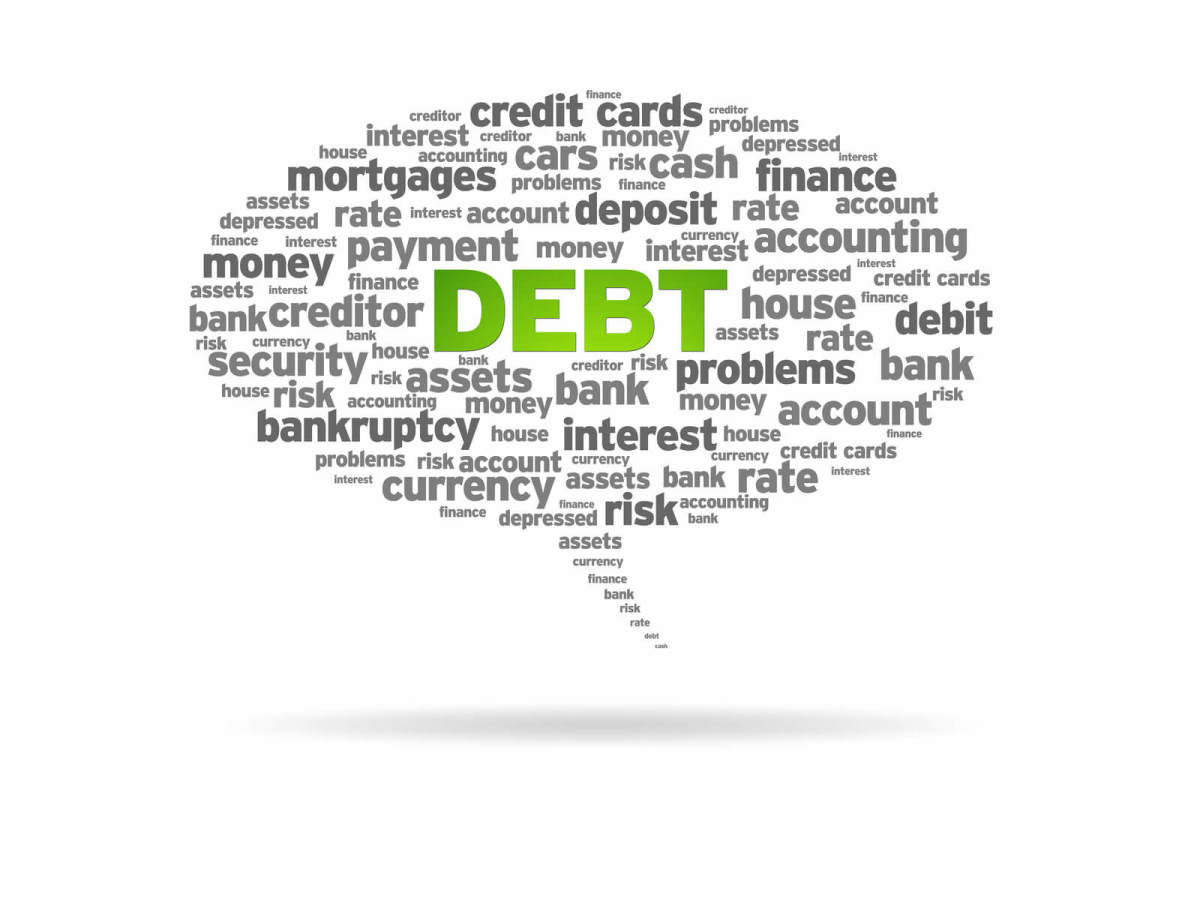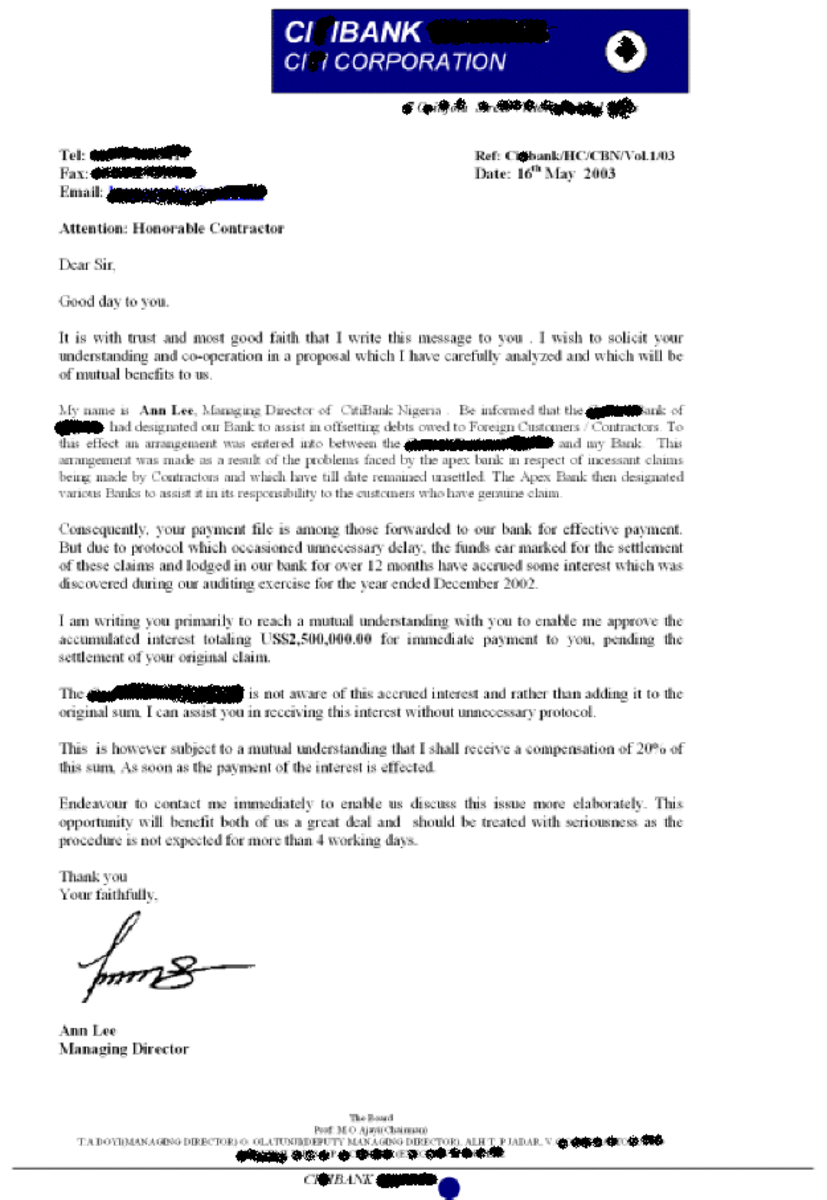Debt Settlement vs Debt Consolidation
Debt Settlement vs Debt Consolidation
Debt settlement and debt consolidation are two very different ways to reach the same eventual goal: eliminating consumer debt while simultaneously avoiding the possibility of bankruptcy. Both debt settlement and debt consolidation have established positions in the debt management industry, but the two are hardly one in the same. Whether debt settlement or debt consolidation is the better choice for you largely depends on the amount of your liabilities, your unique circumstances and your personal preference.
Debt Settlement
What is Debt Settlement?
Debt settlement is the practice of negotiating with creditors to reduce debt liability. Debtors who successfully negotiate a debt settlement with their creditors can lower the amount they owe by up to 60-80%. If the creditor agrees to a debt settlement, the debtor typically then pays the new lower amount in one lump sum, although some creditors do allow debtors to pay larger debt settlements over the course of a few months. Once the debtor pays the debt settlement off in full, he is no longer liable for the debt and the creditor can never attempt to collect on that debt even again.
Benefits
A debt settlement offers you the opportunity to pay of your outstanding debt for less than what you actually owe. If you are on a tight budget, but you can still afford to contribute some of your income towards your debt, a debt settlement would help you pay off more debts sooner or save you money.
Once you and your creditor reach an agreement to settle your debt, the creditor can never go after you for the remaining balance ever again. You officially end your liability the moment you pay off your debt settlement in full -- even if you owed $50,000 and your debt settlement required you to pay merely $7,500.
Drawbacks
Even though you are technically paying off the debt in full, a debt settlement will not reflect as positively on your credit report as a total repayment would. Using the credit reporting scale of one through nine, nine being the worst, debt repayment on time and in full would rank as one; in contrast, a debt settlement would rank as five, four points lower.
If your debt is smaller -- less than a few thousand dollars -- and your debt is still with the original creditor, it may prove near impossible to successfully negotiate a debt settlement. Third-party debt buyers are more inclined to settle for much less, as they usually purchase the debt at a steep discount, so they have a lot less money to lose. If your debt is still with the original creditor, debt negotiations might not be an option. If you do manage to secure a debt settlement with the original creditor, the average settlement is closer to 15-25% -- a far cry from the 65% average debt settlement with third-party debt buyers.
Additionally, the remainder of the debt that you otherwise would have owed -- called forgiven debt -- doesn’t just disappear. The Internal Revenue Service (IRS) expects you to report all forgiven debt in any given tax year on your federal income tax return. Your creditor will notify the IRS of the total amount of forgiven debt, and you will receive a Form 1099-C from each creditor for each debt settlement. You must report the total remaining debt you would have owed had you not negotiated a debt settlement. So while you may have saved yourself $42,500 by settling your debt, you now have to file and pay taxes on that amount.
Debt Consolidation
What is Debt Consolidation?
Debt consolidation is a method of combining all of your outstanding liabilities into one large debt. This is accomplished by securing a debt consolidation loan. Once you secure it, you use the debt consolidation loan to pay off all of your current debts, including your credit cards, auto loans, educational loans, equity loans, personal loans and even your current mortgage, if the debt consolidation loan is large enough. Once your current debts are paid off, you no longer make any monthly payments to those creditors. Instead, you begin making one monthly payment to your debt consolidation loan until it is paid off in full.
Benefits
The most notable benefit of debt consolidation loan is the ease of handling your liabilities -- instead of paying dozens of different credit card and loan bills, you only make one monthly payment towards the debt consolidation loan. You can avoid late fees, higher interest rates and other costs associated with your other outstanding debts; in the event you ever do make a late payment towards your debt consolidation loan, you only have one late fee to worry about.
On that same vein, the monthly payments for your debt consolidation loan are often much less compared to how much you would pay to each individual creditor. If you can secure a lower interest rate on your debt consolidation loan than what you were paying for your credit cards and other loans, you can save even more money.
When specifically comparing a debt settlement vs. debt consolidation, a debt consolidation loans looks significantly better on your credit report than a settlement. All of your previous debts are paid off in full, and reflected as such in your credit history; with a debt settlement, those debts would instead show up as partially discharged. If you still had a considerable number of years left on your payback schedule for your previous debts, these debts will also show an early payoff, which looks even better.
Drawbacks
Debt consolidation does have drawbacks, the most prevalent of which is the difficulty in securing a debt consolidation loan. Debtors with good-to-excellent credit have a much better chance of obtaining a debt consolidation loan; unfortunately, it’s the debtors with a less-than-stellar credit rating that typically need debt consolidation, which means the debtors that need it the most are the least likely to secure one.
Even if you do have bad credit and you still manage to find a debt consolidation lender willing to work with you, there is a considerable chance the lender will require securitization before it will extend the credit. That means that if you want to obtain a debt consolidation loan, you will need to put up something valuable enough to serve as collateral: your home. Just like your mortgage, a secured debt consolidation loan puts a lien against your property to ensure you will make the payments as promised. That means if you default on your debt consolidation loan, you could lose your home.
A debt consolidation loan also extends the repayment period, sometimes by an additional 10, 15 or 20 years. If you are only a few years from paying off your credit card debt, for example, a debt consolidation loan would reset the repayment period and tack on another six or seven years, possibly more. While the benefit to a longer repayment period is the (potentially significantly) lower monthly payments, you could end up paying off your debt consolidation loan for the rest of your life.
Debt Settlement vs Debt Consolidation
Again, whether a debt settlement or debt consolidation is right for you completely depends on you, your circumstances and your personal goals. However, some factors can help you choose the best option for you and your family:
Debt settlement may be right for you if…
- You are in your 40’s or 50’s
- You want to pay off your debts as quickly as possible
- You only have a few outstanding debts to pay
- Your total combined debt does not exceed 5% of your total income, not including your mortgage, OR
- Your total combined debt does not exceed 38% of your total income, including your mortgage
- You can afford your monthly payments, even if you have to live tight to do so
- You don’t mind carrying multiple monthly payments
- Your credit history is strong enough to withstand a negative trade from a debt settlement
- You do not have a house to secure as collateral for a debt consolidation loan
Debt consolidation may be right for you if…
- You are in your 20’s or 30’s
- You want your monthly payments to be as low as possible
- Your total combined debt does exceeds 5% of your total income, not including your mortgage, OR
- Your total combined debt exceeds 38% of your total income, including your mortgage
- You cannot afford your monthly payments, even after eliminating all unnecessary expenses
- You want one monthly payment
- You want a lower interest rate
- You don’t mind potentially extending repayment on your debt for up to 10 to 15 years
- You have a poor credit history
- You have a house to secure as collateral for a debt consolidation loan







